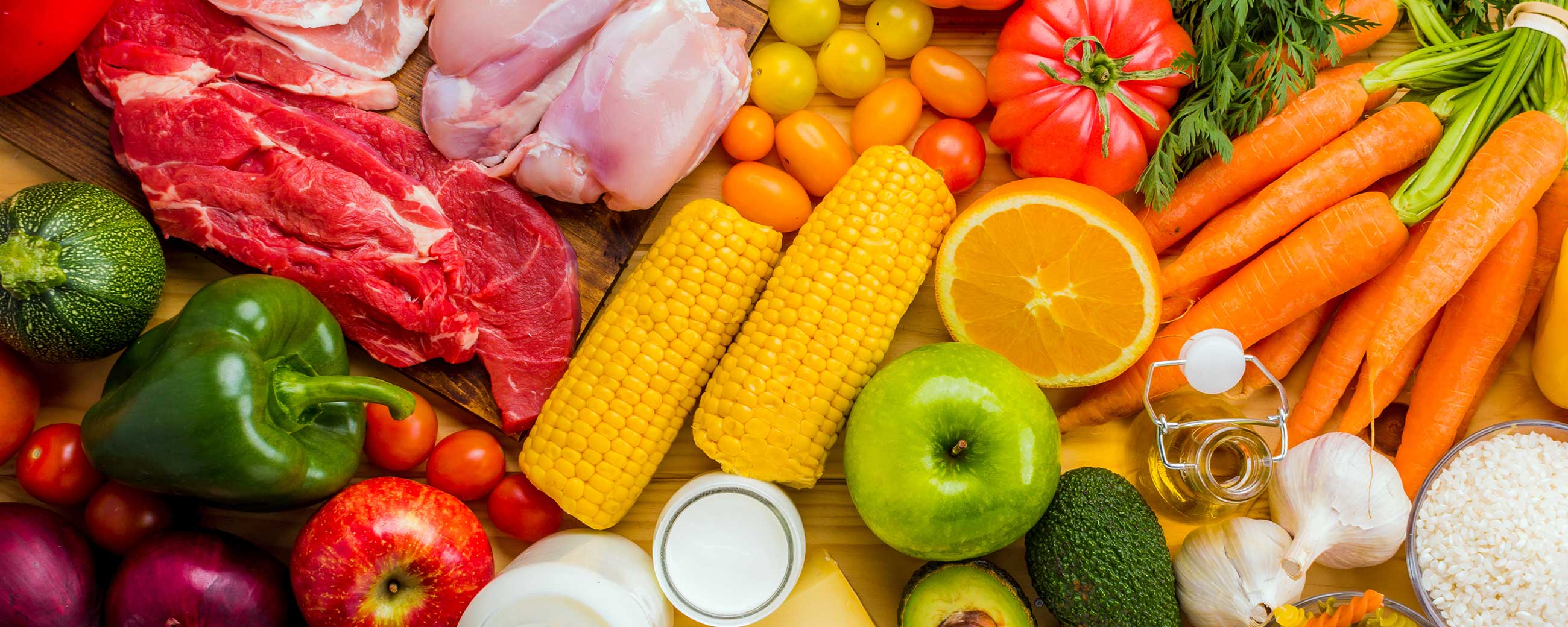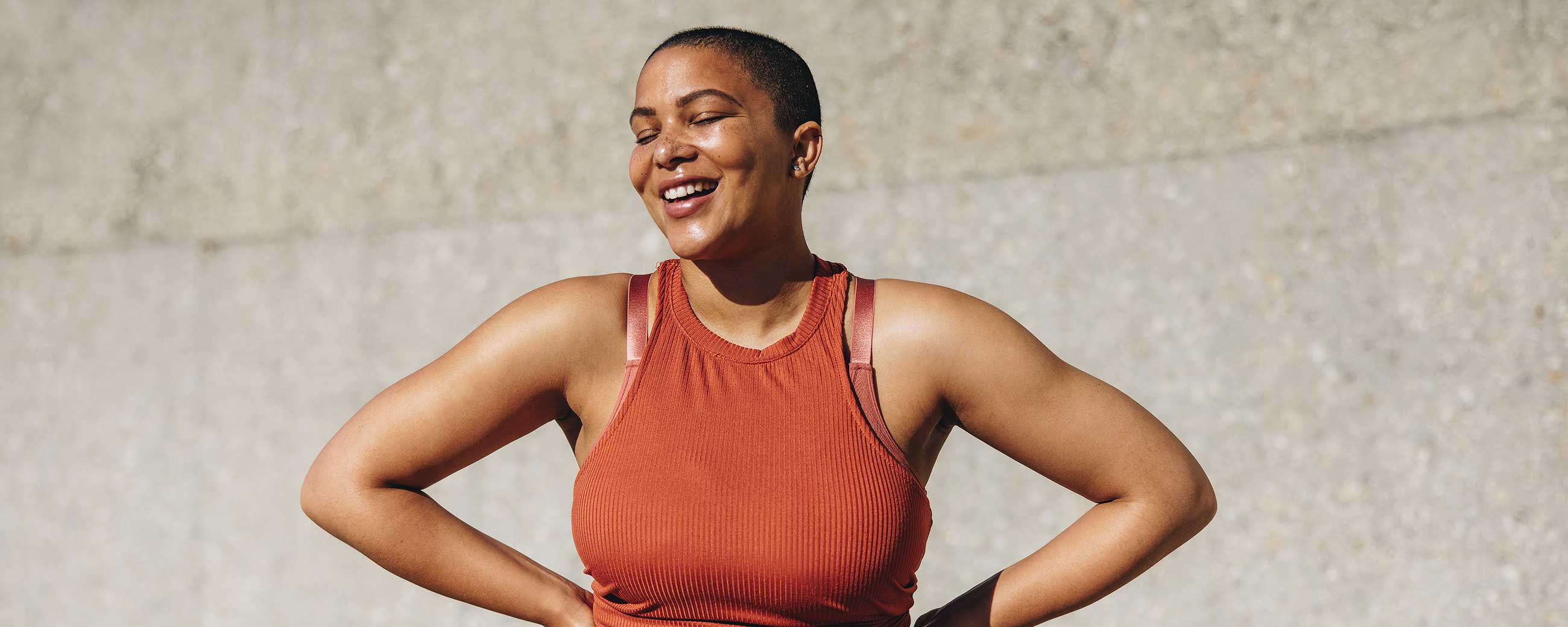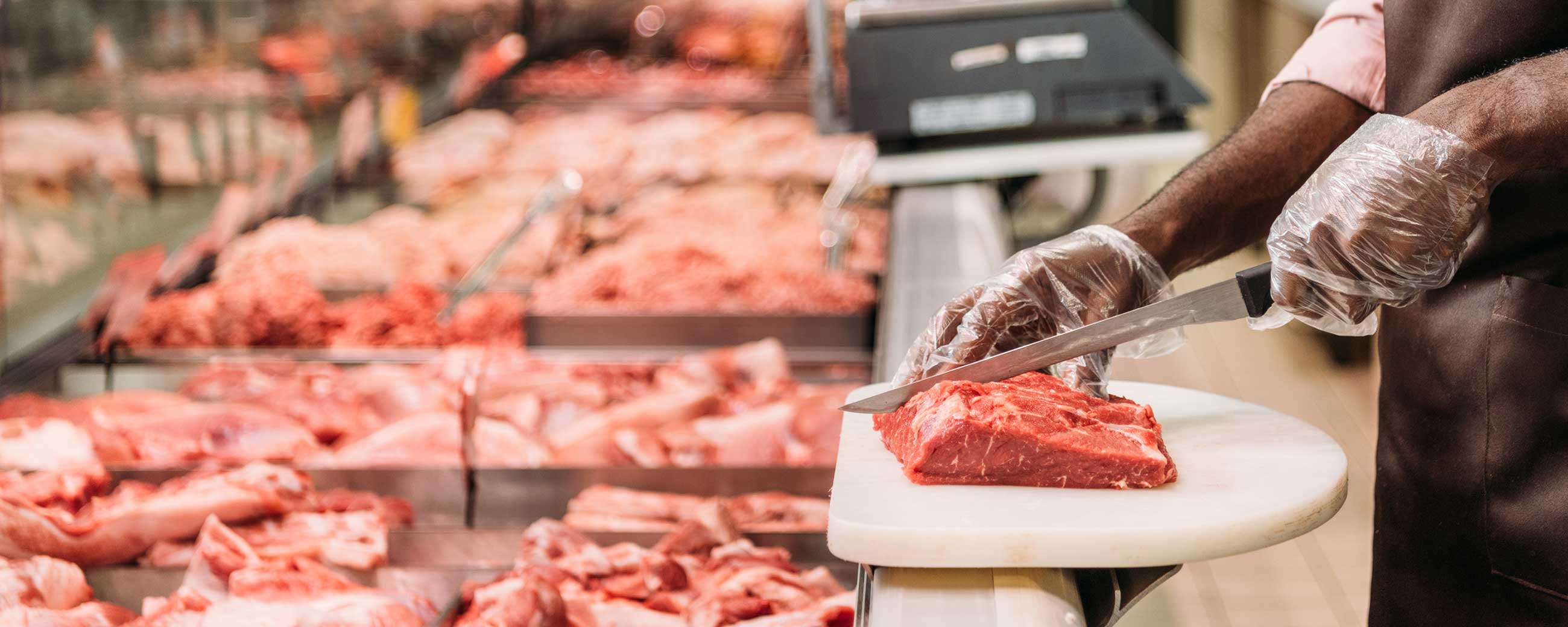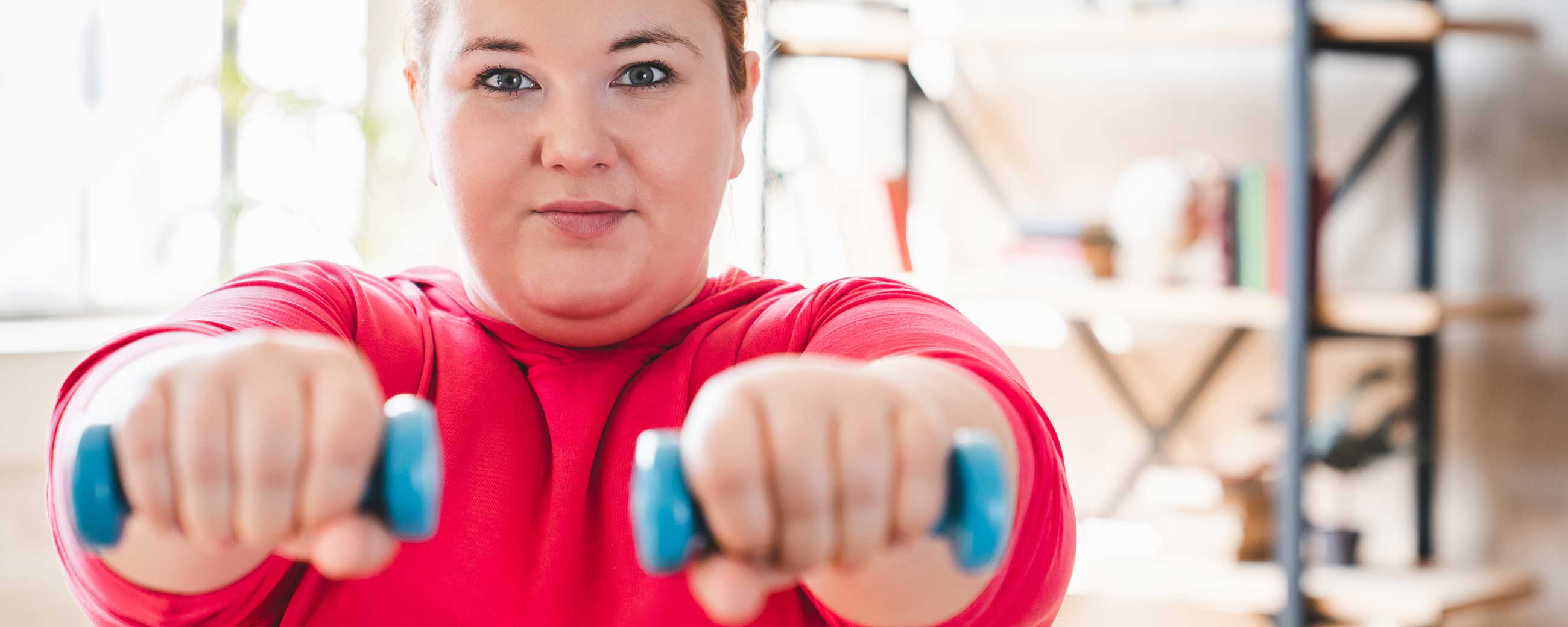
Ask Theresa: How Do I Talk To My Kid About Their Body?

Ask Theresa is an advice column by Theresa Link. A Virta Health Coach since 2015 and a loyal follower of the ketogenic lifestyle, Theresa is a Registered Dietitian who is an expert in living a metabolically-healthy life.
This week, Theresa answers a heartfelt question from a mom whose 9-year-old daughter asked, “Am I too big?” She shares how to respond with compassion, what to avoid, and how the way we talk about our own bodies can shape the way our kids see theirs—for life.
❓Question:
Theresa,
I have a 9-year-old daughter who’s starting to become more aware of her body, especially when she compares herself to friends or sees things on social media, She recently asked me if she was “too big,” and honestly, it stopped me in my tracks. I did my best to reassure her, but I wasn’t sure what to say — I don’t want to mess this up.
I really want her to feel confident in her body and not grow up stuck in the same patterns so many of us did. How do I talk to her about this in a way that builds her up without making it all about how she looks?
Sincerely,
Just a Mom Trying Her Best
👩💻 Theresa:
What an incredibly important topic — and more relevant than ever, especially with kids using social media at younger and younger ages. Think about it: even 3-year-olds are watching YouTube on iPads. Unless we’re putting real limits on screen time and watching with them (which I highly recommend), there’s no way to fully control what they see.
When I was growing up, body image pressure came mostly from magazines. Sure, there were airbrushed models and celebrities, but new issues only came out once a month — and only if I had a dollar to buy one. Now, kids are flooded with images and messages within seconds. Influencers and ads constantly push the idea that beauty is something you have to chase — and it’s usually all about how you look.
So how do we guide our kids through all of this? The truth is, it starts with us — how we talk, how we treat ourselves, and how we show up in our own skin. Like it or not, we’re their most powerful influencers.
Kids mirror what we do, not what we tell them to do
You tell your daughter that beauty comes from within — that her worth isn’t tied to her size, but to the kindness she shows herself and others. You remind her that her body is perfect just as it is, and that comparing herself to others isn’t necessary.
But then she sees you in the mirror, frowning at your reflection, pinching your stomach, and saying you need to lose weight. She hears you turn down a bite of ice cream, not because you don’t want it, but because “I’ll get fat” or “I’ve already gained too much — it’s gross.
Let’s say you have a five year old with you at the grocery store and she says, “mommy, that lady has a big belly”. She watches you judge the woman and her food choices as she puts a box of mac and cheese into her cart. She hears you mutter “wow, she probably shouldn’t be eating that” even though you don’t think she can hear you. Or maybe when you see a celebrity on TV, you say “wow, she really let herself go”.
Like it or not, she’s learning from what you do - not from what you tell her to do. Your words and behavior become her inner-dialogue. If you want her to grow up loving her own body and not judging others, you need to model this yourself. Even if you’re fighting your own demons along the way.
What to avoid—and what to do instead
Avoid: Commenting on other people's bodies, even if it’s positive.
“You look great — you’ve lost weight!”
Do this instead: Focus on strength, energy, or growth.
“You look so strong!” or “You seem really happy!”
Avoid: Commenting on your child’s weight or size
“I can’t pick you up right now; you’re getting too heavy.”
Do this instead: Celebrate their growth in a positive way.
“Wow, I’m having trouble picking you up because you’re growing up so strong!”
Avoid: Talking about food and your body in a negative way.
“I can’t eat that — I’ll get fat.”
Do this instead: Talk about how food makes your body feel.
“I love that, but it doesn’t sit well with my stomach.” or “it doesn’t make me feel my best”
Avoid: Making comments about other people’s bodies, even in passing.
“She shouldn’t be eating mac and cheese at her weight.”
Do this instead: Find common ground or shift the focus.
“I bet she has a little girl who loves mac and cheese just like you!”
Avoid: Labeling food as “good” or “bad.”
“No, candy is bad for you. Eat this apple - fruit is good for you”
Do this instead: Encourage balance.
“Foods like candy are tasty, but they don’t help our bodies grow. Other foods like chicken, avocados, fruit, and cheese give us the energy to run, jump, and play”
Bottom line
You don’t have to be perfect—you just have to be aware, and you already are. The way you speak about bodies, food, and yourself shapes how your daughter sees herself. And every small shift you make—toward kindness, balance, and self-compassion—matters more than you know. Keep showing up with love. You’re doing a great job.
This blog is intended for informational purposes only and is not meant to be a substitute for professional medical advice, diagnosis, or treatment. Always seek the advice of your physician or other qualified health provider with any questions you may have regarding a medical condition or any advice relating to your health. View full disclaimer
Are you living with type 2 diabetes, prediabetes, or unwanted weight?









